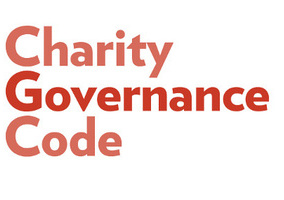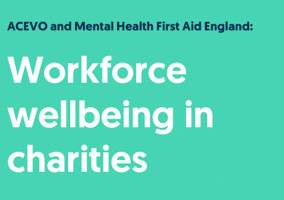Leaders of large charities should cede power in order to work with informal grassroots organisations, according to a series of reports.
The reports from the Centre for Charity Effectiveness at the Business School (formerly Cass) aim to shed light on how charity and non-profit boards are addressing and responding to challenges in contemporary governance.
The project aims to promote clearer thinking on major issues affecting governance in the sector, by convening discussions between pairs of chairs and chief executives.
Challenges for effective governance
The reports involve a number of groups discussing key issues.
One challenge which arose in the discussion was whether large and formally governed organisations can collaborate effectively and respectfully with much more informal grassroots organisations and movements to create common purpose and to drive shared objectives.
The report suggests “you have to cede power”. This means leaders must put power on the table and say “where do we want the power to lie”. It adds: “Share your information and resource; give up things; have things go as you might not want.”
The groups were also asked to explore the governance and relational implications of leading an organisation through a period of turmoil.
The group discussed the importance of having networks of support where you can be vulnerable. It was suggested this helps with coming to terms with the enormity of the challenge.
Although the major crisis of surviving Covid-19 was discussed, some participants suggested “the real challenge is to face the realities that BLM have awakened us to – we will be constrained in delivering our objectives until we sort this out”.
‘Charity chairs and chief executives will often have allegiances’
Alex Skailes, director at the Centre for Charity Effectiveness, said the report demonstrated the value of conversation between organisational leaders, coming together as pairs of chairs and chief executives, particularly during a time of such uncertainty.
Skailes said: “Convening conversations and bringing together the pairs has enabled us to learn more about the vital relationship between chairs and chief executives.
“Charity chairs and chief executives will often have allegiances, experience, and skills forged in different sectors. This difference is a strength – there can be real diversity of thought - but there is also a danger that, if not acknowledged openly, each will view such fundamentals such as vision, mission, values and behaviours through a very different prism.”
Related articles
The new charity governance code: What's changed and why it matters
This week sees the launch of an updated Charity Governance Code with a new principle on Equality, Diversity and Inclusion. Rosie Chapman and Pari Dhillon explain what the changes mean for charities












